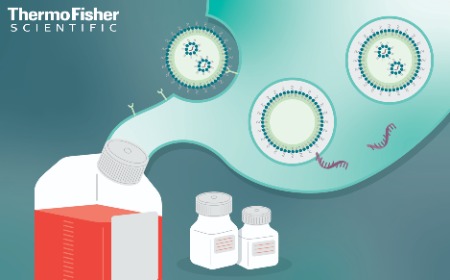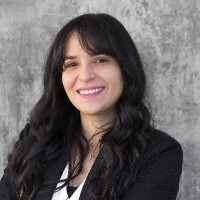Exploring the capabilities of a versatile, novel, automated closed system for cell and gene therapy manufacturing

Exploring the capabilities of a versatile, novel, automated closed system for cell and gene therapy manufacturing
New trends and challenges are being identified as more cell and gene therapy institutions move toward clinical trials and into commercialization. Closed manufacturing systems are designed to minimize contamination risks and reduce ISO cleanroom requirements. In combination with digital connectivity, these systems enable repeatable, trackable, and GMP-compliant manufacturing processes.
In this talk, we will discuss the value of moving towards modular, closed-system technologies designed to enable scalable and cost-effective manufacturing, with a highlight of the Gibco CTS Rotea Counterflow Centrifugation System, a revolutionary benchtop, closed system which offers exceptional flexibility for cell washing, concentration, and separation by size, with high cell recovery and throughput rate. The compact footprint, process flexibility, and sterile single-use kit allow the system to seamlessly scale with your process, from research through clinical manufacturing.
Learn more about how the Gibco CTS Rotea Counterflow Centrifugation System’s exceptional versatility enables a broad range of cell processing applications (cell isolation, cell separation by size, small to medium-scale processing, cryopreserved cell wash and media exchange, formulation for cryopreservation, RBC lysis or depletion, viral vector clarification) across a variety of cell types (T cells, NK cells, MSCs, HEK293, iPSC spheroids, PBMC and more) for your cell and gene therapy workflow.
Attendees will update their knowledge of:
- The scalability and flexibility of the latest modular closed-system manufacturing technology applied across a range of cell types as well as viral vectors
- How to improve both throughput and robustness of key steps including: cell isolation, cell separation by size, cryopreserved cell wash and media exchange, formulation for cryopreservation, RBC lysis or depletion, and viral vector clarification
- How to streamline the transition to GMP manufacture in a cost-, time- and space-efficient manner.
You might also like
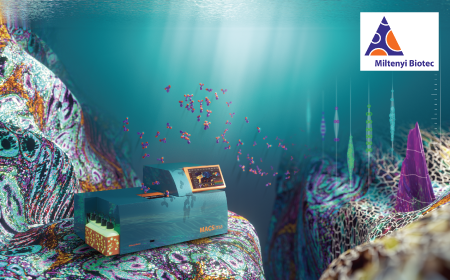
Same-section spatial multiomics: a platform for detailed analysis of the solid tumor TME
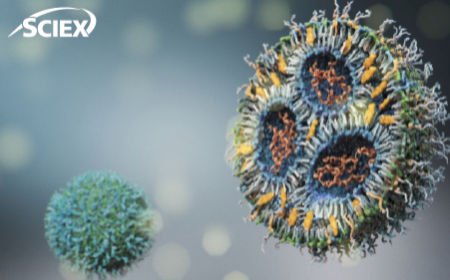
Pure and simple: understanding LNP analytics for better mRNA-based drugs
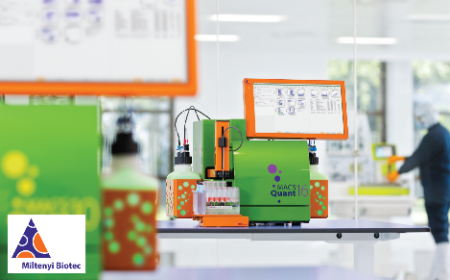
Empowering patient care: in-process and quality control solutions for cellular therapies
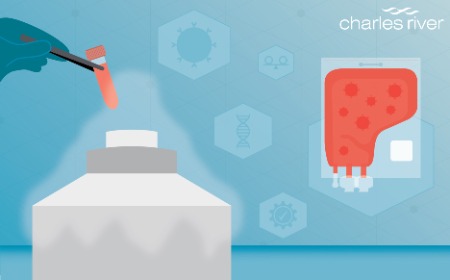
T cells from beginning to end: optimizing leukopak and drug product cryopreservation
